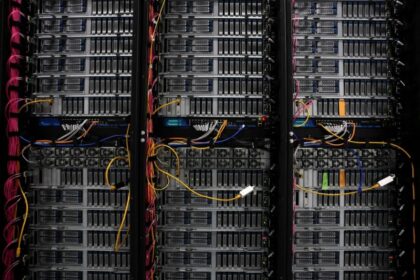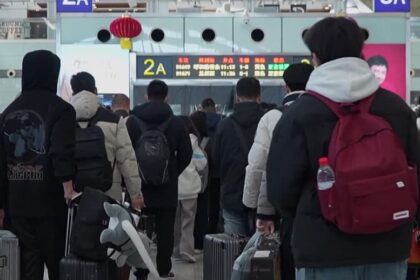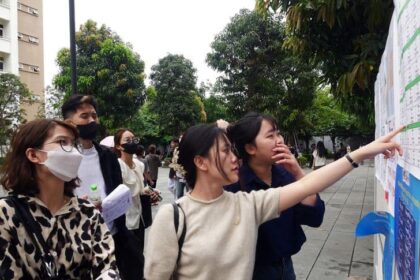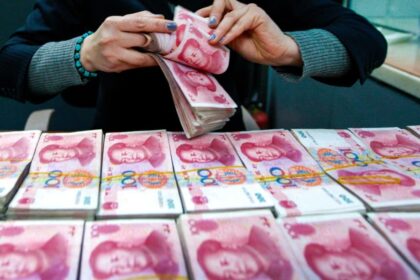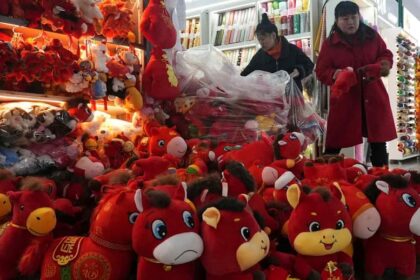What changed under Thailand’s new alcohol law
Thailand has put drinkers on notice. An amendment to the Alcoholic Beverage Control Act (No. 2) B.E. 2568 (2025) took effect on November 8, tightening rules on when alcohol can be consumed, who can be fined, and how alcoholic beverages can be marketed. For the first time on a wide scale, individuals who drink or are served alcohol during restricted times or in prohibited places face fines, with penalties up to 10,000 baht. The reform marks a shift from targeting only sellers to also holding consumers accountable.
The country has enforced afternoon retail restrictions for decades, with most shops barred from selling alcohol between 2 p.m. and 5 p.m. The new approach goes further by penalising people who keep drinking once the clock passes into a restricted period, even if the drink was bought just before the cutoff. The law also introduces some of the toughest marketing limits Thailand has ever used, banning celebrity and influencer endorsements and allowing only factual information in alcohol ads.
There are exemptions. Licensed entertainment venues governed by the Entertainment Place Act 1966, hotels with proper licensing, certified tourist establishments, and international airport lounges can serve alcohol within their specific permissions. Yet many restaurants that do not fall within those categories worry that midday and late night business will suffer under the stricter reading of the rules.
When and where drinking is restricted
Thailand defines legal sales hours for most outlets as 11:00 to 14:00 and 17:00 to 24:00. Outside those windows, buying alcohol is restricted at most shops and supermarkets. Under the amendment, people who drink or are served during a restricted time can be fined, and so can those who drink in prohibited places identified in the law. Exempt premises, such as licensed entertainment venues, hotels, and international airport passenger areas, can continue service according to their permits.
Afternoon window and midnight cutoffs
The afternoon period from 14:00 to 17:00 remains the most visible restriction for everyday shoppers. The new enforcement posture means the minutes on either side of that threshold matter. If a customer orders before 14:00 and is still drinking past 14:00, that person can now be considered in violation. Similar risk applies to the midnight cutoff for many outlets, where late night consumption after 24:00 can also draw penalties outside exempt venues.
Prohibited places
The law also addresses consumption in places where drinking is barred. The list is defined in Thai regulations and includes transport and certain public locations. Recent rule changes made it illegal to purchase, possess, or consume alcohol on trains. Those who drink in such places, or in other locations that are off limits, can be fined even if the time of day would otherwise be legal.
These boundaries can create confusion for visitors who assume a restaurant or cafe is always safe. Patrons are encouraged to ask staff about house policy during restricted hours and to stop drinking before the cutoff rather than at the cutoff.
Advertising clampdown and corporate penalties
The amendment takes aim at modern alcohol marketing techniques. Authorities have broadened the term marketing communication to cover almost any act that publicises, presents, or disseminates information that could induce drinking. That includes direct ads, public relations, sales promotions, sponsorships, events, and even the use of brand names or symbols on nonalcohol products when the presentation can be understood as promoting the alcoholic beverage brand. Ads that do run must be limited to factual information or public information allowed under ministerial rules.
Influencer posts and celebrity endorsements are banned. So are brand building campaigns that use social or public benefit activities in ways that could encourage consumption. This approach seeks to close loopholes where companies link their alcohol brand to charity events or lifestyle content without showing a bottle or a glass.
How steep are the business fines
Producers, importers, and sellers who breach the new marketing and promotion rules face fines up to 500,000 baht, with possible additional daily fines up to 50,000 baht until they comply. In serious cases, enforcement officers can order temporary closure, advise other authorities, and recommend suspension or revocation of licenses under the Excise Tax Act. The goal is to raise the cost of breaching the rules so that large firms cannot treat fines as a routine business expense.
Public health goals and enforcement toolkit
Officials say the policy aims to curb heavy drinking and related harms, including late night disorder and injury. Shifting liability to consumers is meant to improve compliance inside venues that still try to serve during restricted periods. The law also clarifies that sellers may check identification cards and assess whether a customer is intoxicated before selling more alcohol. The Department of Disease Control is expected to issue a notification that sets out criteria for assessing intoxication and the steps sellers may take.
The amendment opens the door for age controlled vending machines. Vendors will be able to sell alcohol through machines that verify buyer information and meet conditions set by the Alcoholic Beverage Control Committee. The committee and relevant ministries have a year from the effective date to issue detailed regulations that will govern how these systems work in practice.
Who enforces
Enforcement typically involves public health officials, excise officers, and the police. These officers can inspect businesses, review ads and promotions, and issue fines. Individuals found drinking during restricted times or in prohibited places can be fined on the spot. Receipts and timestamps may help show when a drink was purchased, but consumption after the cutoff can still lead to penalties under the new approach. Visitors and residents should expect more visible checks during the restricted afternoon window and at closing time.
Business reaction on the ground
Restaurant and nightlife operators report uncertainty over how strictly the rules will be applied. Owners in busy districts worry about a sharp drop in afternoon sales and possible friction with customers who are unaware of the time thresholds. Some fear that the policy could create opportunities for selective enforcement if guidelines are not clear.
Chanon Koetcharoen, president of the Thai Restaurant Association, said the change will fall directly on customers and will hurt venues that do not qualify for exemptions. He gave a simple example to show how the rule bites after the cutoff.





